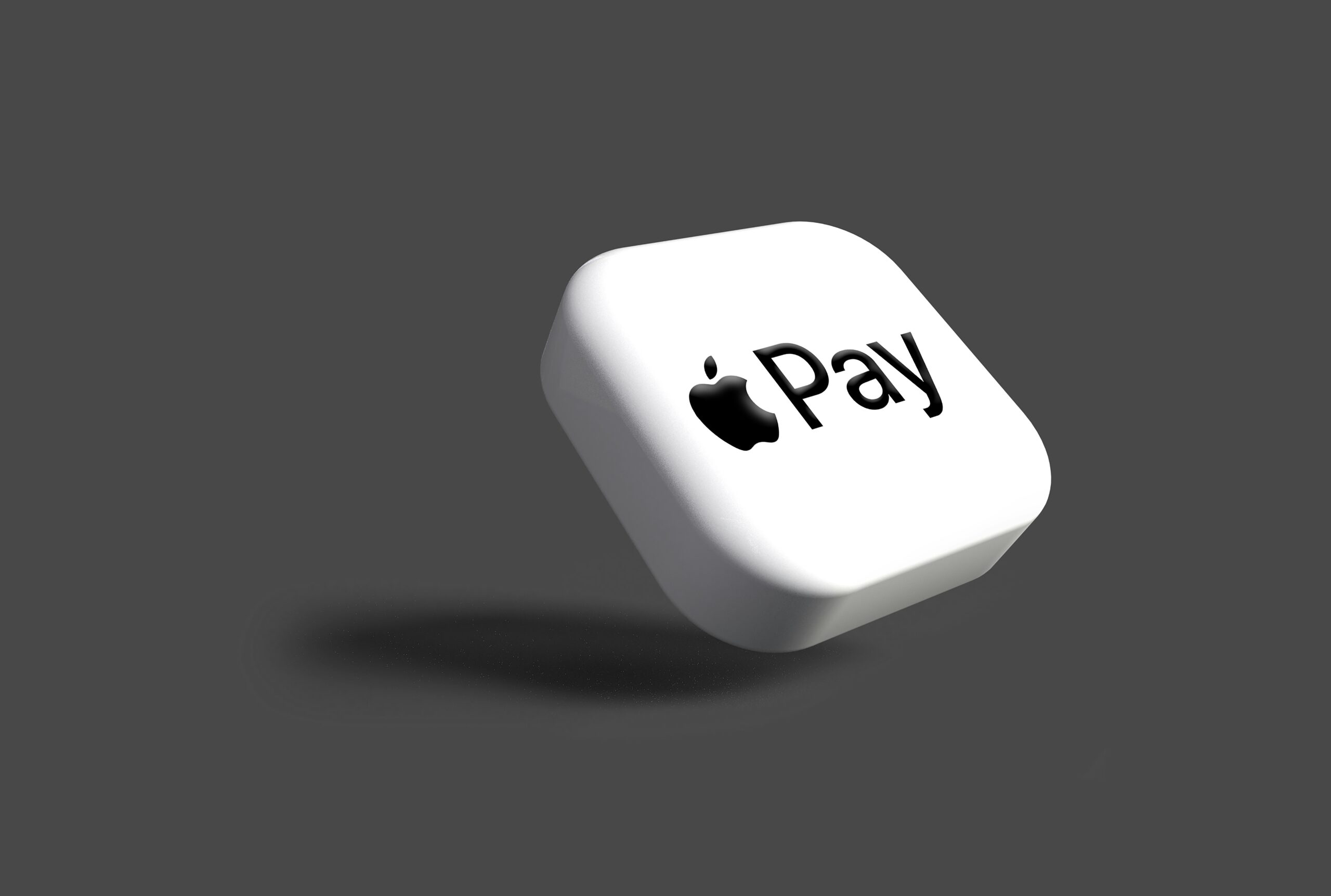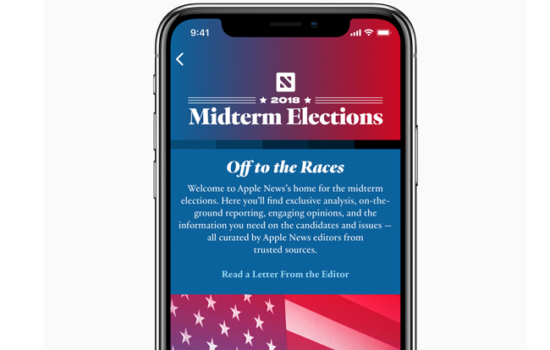Apple Pay is changing how people pay for everything from groceries to rideshares. It’s easy to use and has strong security features, helping people feel better about their online transactions. With how digital entertainment is developing so quickly, Apple Pay could be used in online casinos, depending on where you live. However, anyone using Apply Pay needs to be aware of the laws in their area, risk management, and how gambling sites operate internally
Where Apple Pay Fits into Online Gambling
Online casinos are quick to adopt new payment technologies, especially when they improve the user experience. In places where online gambling is legal and tightly regulated, Apple Pay is already an accepted payment method for several sites. In the UK, for example, players can use it for deposits at licensed operators. They just need to link their Apple Pay account to a bank card that allows gambling transactions. The payment process is fast and adds an extra layer of security through Face ID or Touch ID. Many players prefer using it over typing out card numbers.
In markets like Canada and parts of Europe, the trend is similar, though not always as straightforward. Not all banks allow gambling payments, even when the casino itself accepts Apple Pay. This leads some players to seek out alternative platforms or recently launched sites that advertise better compatibility with mobile wallets. An updated list for June 2025 highlights new online casino sites that specifically integrate new technologies and innovations. These brands, especially those focused on mobile-first experiences, have begun prioritizing quicker sign-up processes and faster payouts.
In the United States, where gambling laws vary from state to state, Apple Pay availability is hit or miss. New Jersey, Michigan, and Pennsylvania, which are three of the biggest regulated markets, do support Apple Pay at some operators. However, users must verify that the site holds the appropriate license and that their Apple Pay setup complies with local payment processing rules.
What You Can and Can’t Buy with Apple Pay
Apple Pay makes everyday transactions fast and easy, but not all industries are treated equally. Many of the payment processors and banks that Apple Pay works with have their own restrictions for some types of purchases. Gambling is one of them. So are things like cryptocurrency, adult content, and unregulated pharmaceuticals. Whether you’re trying to make a deposit at a casino or purchase digital tokens on an unlicensed app, there’s a chance the transaction could be declined, even if the site accepts Apple Pay in theory.
Typically, the restrictions come from card issuers. Some debit and credit cards flag gambling as a high-risk category, limiting transactions made through wallets like Apple Pay. In some cases, the issue lies with regional financial regulations. In Germany, for example, the federal gambling law requires strict identity checks and payment transparency. While some casinos there do accept Apple Pay, they must also meet additional compliance rules, which slows adoption.
Apple itself does not ban gambling payments outright. The App Store hosts a number of licensed casino apps where in-app payments are allowed under certain conditions, but these apps must follow local laws and include age-verification systems. For physical purchases, Apple Pay works nearly everywhere it’s accepted, from coffee shops to department stores. Online, though, it’s not always clear what will go through.
International Differences That Matter
In places like Sweden, Denmark, and the Netherlands, online gambling is legal but heavily monitored. Licensed casinos in these regions often integrate Apple Pay as part of a regulated ecosystem that tracks deposit limits and betting behavior. Here, users may feel more secure using Apple Pay, knowing the casino operates under a national license.
In contrast, some countries ban online gambling outright. In India, for example, the legal status of online casinos is murky and varies by state. Apple Pay is available for regular retail use, but very few, if any, gambling platforms operate openly with that payment method. The same goes for many parts of Asia and the Middle East, where restrictions mean there aren’t a lot of options for gambling apps and their payments.
Australia presents a mixed picture. Although online sports betting is legal and growing, online casino games are restricted under the Interactive Gambling Act. Most major operators avoid Apple Pay altogether to stay compliant, though users may still find ways around it via offshore platforms, which carry their own risks.
In Latin America, the adoption of mobile payments is rising fast, but Apple Pay has not yet achieved the same reach as local methods like PIX in Brazil or OXXO in Mexico. As a result, Apple Pay-friendly casinos are still rare in these regions.
Security and Privacy Considerations
For many users, Apple Pay appeals because of its security. Transactions are tokenized so that your real card information isn’t exposed to the merchant. This is especially important for online casinos, where maintaining trust is crucial. Apple Pay requires authentication via Face ID, Touch ID, or a passcode, lowering risk of fraudulent activity.
That said, using Apple Pay at an online casino doesn’t guarantee privacy from the platform itself. Your account will still be linked to your identity, your payment method, and your betting activity. Some users mistakenly assume that Apple Pay anonymizes all transactions. While it does protect card data, the casino still sees the deposit and applies it to your player profile. If you’re looking for more anonymity, cryptocurrencies are an option, though they come with their own complications.
Apple Pay and Withdrawal Limits
Deposits are usually instant with Apple Pay, but withdrawals can be another story. Many online casinos allow you to deposit with Apple Pay but require a bank transfer or another method for cashing out. This is because Apple Pay functions more like a digital shell over your bank card than a standalone payment system. It’s great for sending money, but not always for receiving it. Some newer platforms are starting to address this gap, though the changes are slow and uneven.
In the UK, regulations now require gambling operators to verify the source of funds for both deposits and withdrawals. So even if a casino allows Apple Pay for both directions, users may still need to complete extra verification steps before accessing their winnings.
Apple Pay’s Future Role in Gambling Payments
Apple has not made public statements about its long-term plans for gambling payments, but the company mostly prefers to work with legal, regulated markets and avoid controversy when possible. It’s unlikely Apple Pay will become a major player in unlicensed gambling anytime soon, though expansion in jurisdictions like Ontario or New Jersey could drive more partnerships with approved operators.
At the same time, more casinos are offering mobile-first designs that include support for Apple Pay and similar wallets. For players who value speed, security, and convenience, these changes are welcome. However, availability will continue to depend on local laws and financial infrastructure.
Conclusion
Apple Pay can be used at some online casinos, but whether it works for you depends largely on your country, your bank, and the casino you choose. It’s a fast and secure payment option in regions where gambling is legal and regulated. However, limitations still exist, especially around withdrawals and card issuer restrictions. As mobile-first gambling continues to grow, Apple Pay’s role may expand, though it will likely remain tied to markets with strict licensing rules. Until then, players looking for Apple Pay-friendly casinos should stick with verified sites and keep an eye on updated lists to avoid disappointment.







